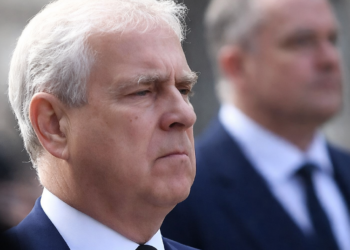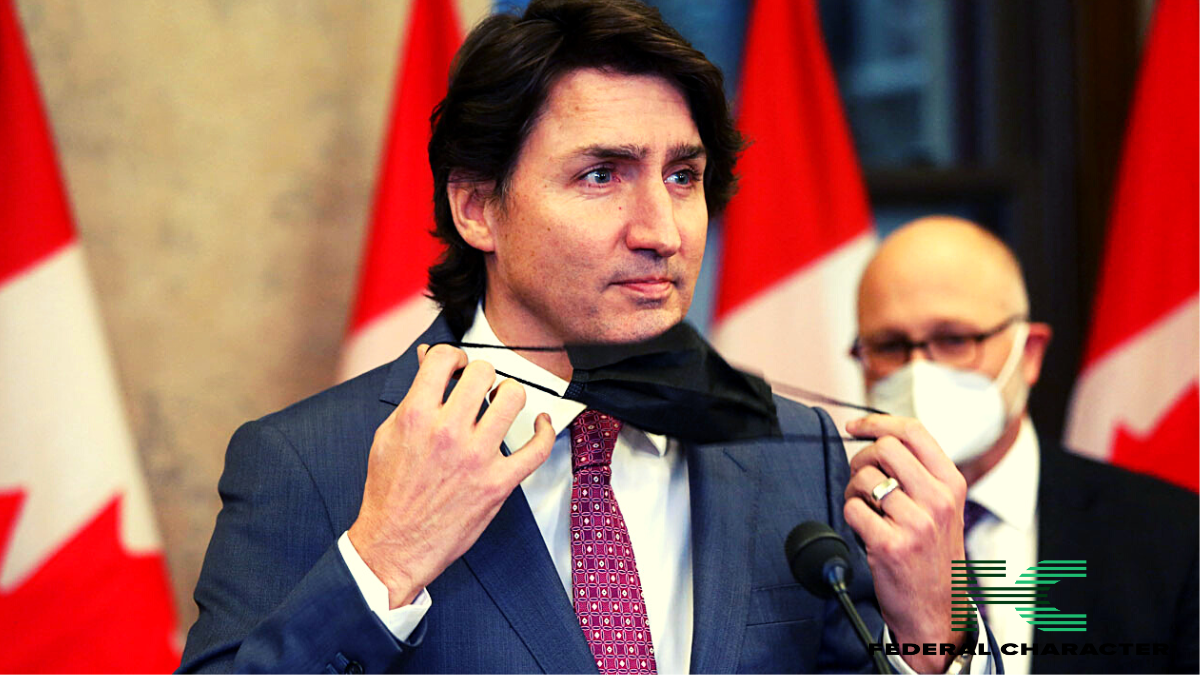President Donald Trump began his second non-consecutive term in January 2025, and by August, his administration is locked in an open fight with the federal judiciary. The White House has sued entire courts, filed misconduct complaints against top judges, and in some cases dragged its feet on following court orders.
Federal judges, both current and retired, have described the situation as one of the most aggressive challenges to the judicial branch in modern history. Some warn it could be the early stages of a constitutional crisis.

Suing the Maryland Court
This summer, the Trump administration did something rarely seen before, it sued all the federal district judges in Maryland. The move came after the court’s chief judge temporarily blocked deportations in an immigration case. Instead of simply appealing the decision, the administration went on the offensive, accusing the judges of overstepping their authority.
The case shocked many in the legal world. Former judges from across the country said it was “extraordinary” and risked undermining the balance of power between the executive and judicial branches.
Targeting Judge Boasberg in Washington
In March 2025, Judge James Boasberg, the chief judge of the DC District Court, ordered the Trump administration to stop sending certain detainees to El Salvador without due process. The administration complied — but also filed a misconduct complaint against him a few months later.
According to reports, the complaint accused Boasberg of trying to influence Supreme Court Chief Justice John Roberts during a private judicial meeting. The Justice Department insists it has not deliberately violated Boasberg’s orders, but critics say the move looks like an attempt to intimidate judges.
A Pattern That Began in Trump’s First Term
This isn’t the first time Trump has clashed with the courts. During his first term (2017–2021), several high-profile disputes made headlines:
● Travel Ban Battles (2017–2018): Federal judges in Hawaii, Washington, and Maryland repeatedly blocked Trump’s executive order restricting travel from several Muslim-majority countries. The administration reworked the order multiple times before the Supreme Court upheld a narrower version in 2018.
● Census Question Dispute (2019): The Supreme Court ruled that the administration’s plan to add a citizenship question to the census was based on a “contrived” reason. Trump publicly attacked the decision.
● Financial Records Fight (2019–2020): Trump resisted subpoenas for his financial documents, leading to years of legal battles.
● Attacking Judges by Name: Trump often insulted judges who ruled against him, calling them “Obama judges” or “so-called judges.” This prompted Chief Justice Roberts to publicly defend the judiciary in 2018.
Current Moves Are More Aggressive
While Trump’s first term was marked by loud criticism and legal resistance, his second term is already showing a more direct challenge to judicial authority. In 2025, the administration has not just argued with judges — it has sued them, filed formal misconduct complaints, and, according to whistleblowers, discussed ignoring court orders entirely.
One whistleblower claimed that then–Justice Department official Emil Bove suggested telling the courts “f*** you.” Bove, who previously defended Trump personally, has since been confirmed by the Senate to a federal appeals court seat. He says he does not recall making the remark.
Judges Weigh Sanctions — Slowly
Judges do have tools to push back, such as holding officials in contempt, imposing fines, or referring lawyers for disciplinary action. But many have been cautious. Sanctions typically move slowly through the system, and the Justice Department has many opportunities to appeal.
Judge Boasberg has hinted he may still refer certain government lawyers to state bar associations for possible discipline, even if contempt proceedings are blocked.
Help from Trump-Appointed Judges
Not every judge is opposing the administration. Some Trump-appointed judges have ruled in ways that ease tensions. The Supreme Court, with its conservative majority, has sided with Trump in most emergency disputes this year.
Still, not all his appointees are fully on board. In Rhode Island, Judge Mary McElroy, appointed by Trump, criticized the administration for failing to release $760 million in court-ordered housing grants. She called it a “serious” matter and demanded an explanation.

Early Stages of a Constitutional Crisis?
Some judges believe the United States is only in the “incipient stages” of a constitutional crisis. A true crisis, they say, would occur if the administration defied a direct order from the Supreme Court, something that has not yet happened.
But legal experts warn that undermining the courts now could make it easier for a future president to ignore rulings entirely. As one veteran judge put it, “The executive may succeed for a time in weakening the courts, but history will write its own verdict.”

















